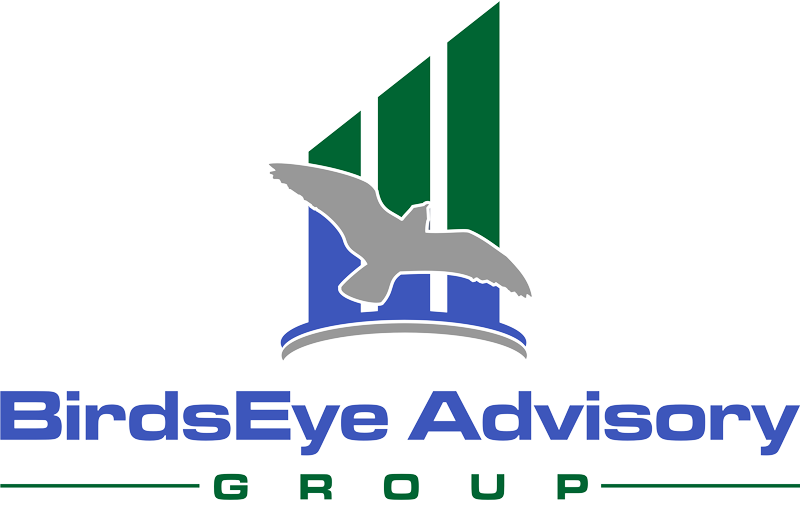Top 10 Questions Asked by Investors
Growing your pet products business takes money, and unless you have a rich uncle, significant cash flow, or a very progressive bank, chances are you may need to raise capital of some form or fashion over the life of your business. As an investment banker, I’ve heard potential investors ask just about every kind of question imaginable to entrepreneurs in order to gauge whether the opportunity is an appealing investment. If you have a unique, differentiated product with a solid growth plan in place, you will likely find interest from investors looking to put their money into the white-hot pet market. Before going out to pitch your business to these potential investors, I thought it would be helpful for you to know the key questions you MUST have answers to before you make that first call or send that first email.
- How much of your own money have you invested? Early on in my consulting career I worked on a project where the founder of the company, who is a well-known celebrity, was trying to raise millions of dollars for her pet product company but refused to put any of her own money in. Guess what? We didn’t raise a dollar. Investors will need to know that you have significant skin in the game before they are comfortable giving you their money.
- What is your growth strategy to double or triple your sales in the next five years? For investors, it’s all about growth and how they are going to make a return on their capital that matches the level of risk they are taking on by investing money into your pet company.
- If you were an investor considering an investment in your company, what is the biggest hesitation you would need to overcome? Be honest here. It’s not going to be all flowers and rainbows and there will be hurdles to overcome. An investor will have more confidence in you when you give them a thoughtful, honest, and authentic answer to this question.
- Do you have a competitive analysis finished for me to review? This is the first page I go to when looking at a potential investment opportunity. Who is your competition? What are the barriers to entry in your category? What makes you unique and special? One of my favorite messages to entrepreneurs is “If you can’t do it better or differently than your competitors, then you are wasting your time and resources.”
- Why did you start this company? “To make money” isn’t an answer we often hear in the pet industry, since fortunately our industry is full of passionate people who love animals. While making money IS an honorable goal, also be sure to be clear and concise about your intention, passion and convictions around your dream for your business. Remember that passion and persistence go hand in hand. When you are passionate about what you do, you will be able to overcome obstacles you never dreamed possible, and investors like to know that you will do “whatever it takes” to make your business a success.
- What is your exit strategy? When would you like to exit? Who are likely acquirers? Remember that investors need to eventually get their money back out of your company and you must have a plan to make that happen. A well thought out answer to this question is critical as it reveals a great deal about how much you know about industry players, valuations, and your long-term strategies.
- How will the capital you raise be used? Here’s what investors DON’T want to hear: to pay off debts or to pay the owners a salary. What they do want to see is a specific list of expenditures designed to increase revenue and profitability. Remember that you are raising GROWTH capital.
- Can I see a list of your Intellectual Property? Having patents, trademarks, and copyrights will greatly enhance the value of your business and protect your business from being overtaken by a competitor.
- What affects your gross margins and how do you expect this to change over time? If you have followed my articles over the years, you will know that I generally recommend striving for gross margins for a pet products company of at least 40%. A gross margin at that level not only lead to greater profitability, but will significantly increase the value of your business when you go to sell it.
- If money and resources were not barriers, what are three improvements you would make to your business? A thoughtful answer to this question not only helps an investor decide whether your business is worthy of his or her money, but also helps you dream big, prioritize how you will spend your growth capital and invest future profits.Carol Frank of Boulder, CO, is the founder of four companies in the pet industry and a Managing Director with BirdsEye Advisory Group, where she advises pet companies in M&A transactions and Exit Planning. She is a former CPA, has an MBA, is a Certified Mergers and Acquisitions Advisory (CM&AA) and holds Series 79 and 63 licenses. She highly values and incentivizes referrals and can be reached at cfrank@birdseyeadvisory.com.

